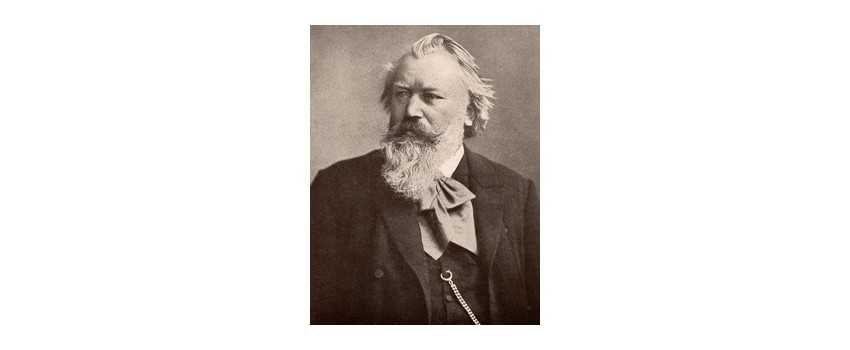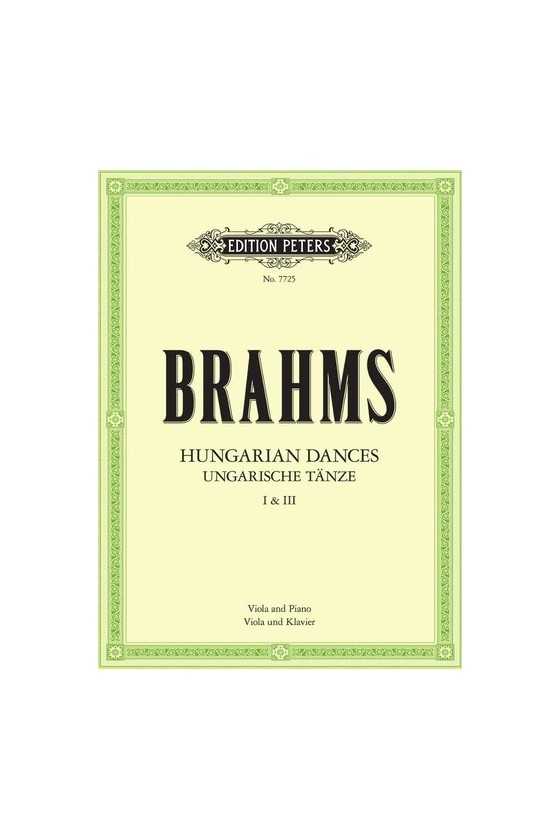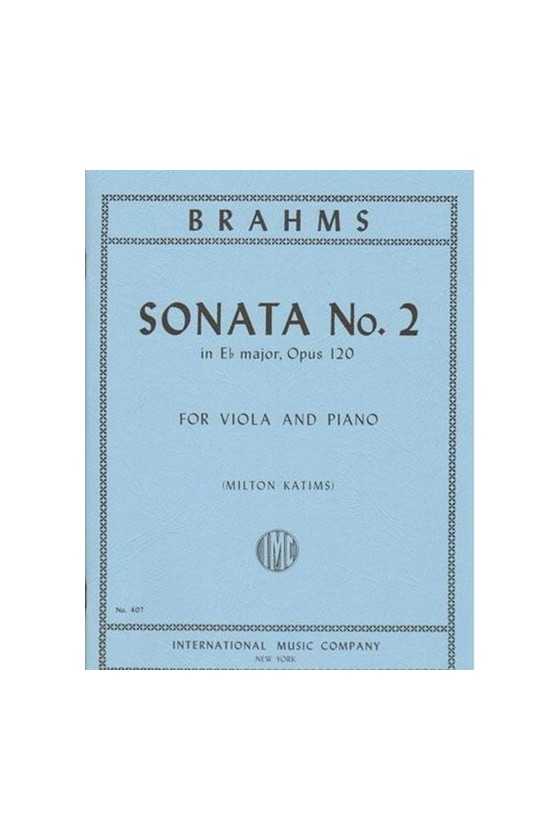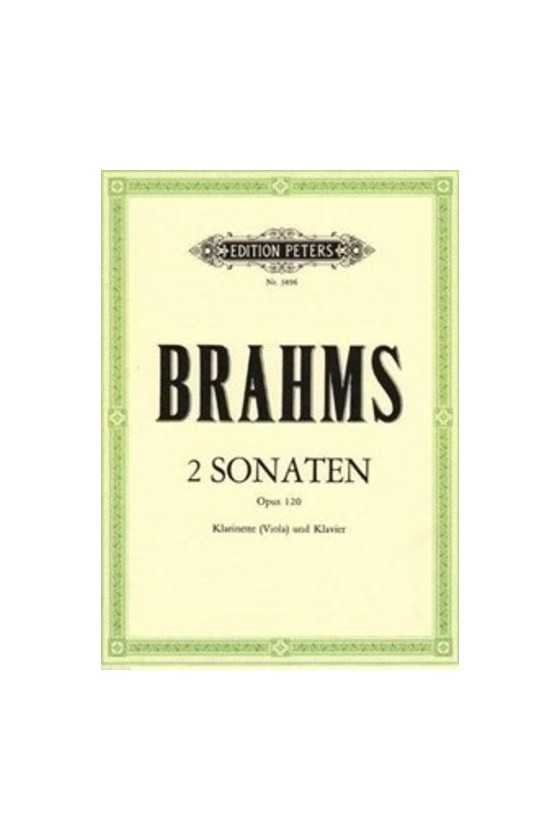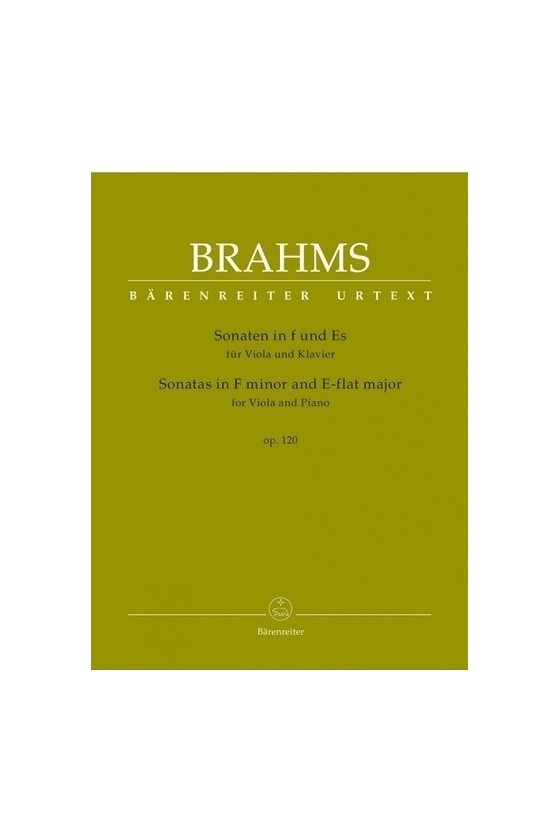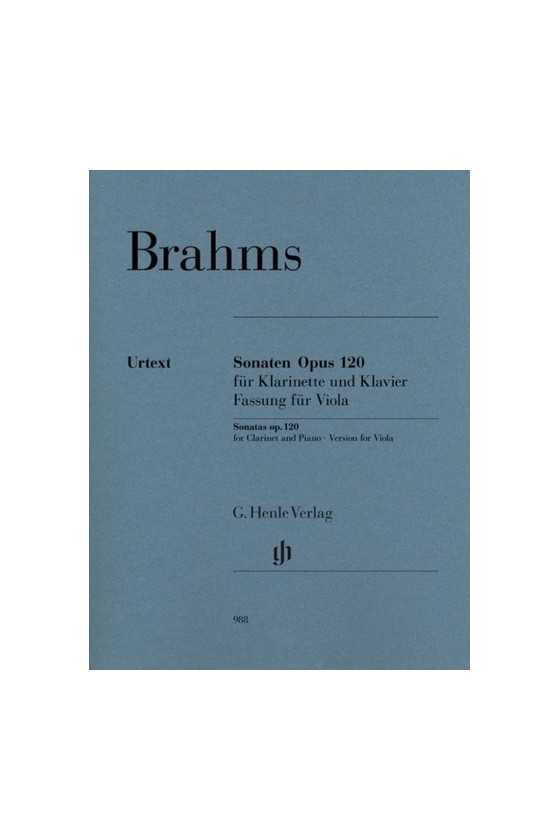Brahms, Johannes
Johannes Brahms (7 May 1833 – 3 April 1897) was a Romantic-era German composer and pianist who composed over 200 songs, symphonies, concerti, chamber music, piano pieces, choral compositions, and symphonies. Brahms was the supreme master of symphonic and sonata style in the second part of the nineteenth century. When the Classical tradition of Joseph Haydn, Wolfgang Amadeus Mozart, and Ludwig van Beethoven was being questioned or overthrown by the Romantics, he may be seen as the champion of this tradition. As a pianist, Johannes showed early potential. He began his musical studies with his father and was sent for piano instruction at the age of seven to F.W. Cossel, who three years later handed him on to his instructor, Eduard Marxsen. Brahms supported his family between the ages of 14 and 16 by playing at squalid inns in Hamburg's dock district while also writing and giving concerts. In 1850, he met Eduard Reményi, a Jewish Hungarian violinist with whom he performed performances and through whom he learned some Roma music, which he carried with him throughout his life.
The first watershed moment occurred in 1853 when he met violin prodigy Joseph Joachim, who recognized Brahms' potential right away. In exchange, Joachim suggested Brahms to Robert Schumann, and the two composers became friends almost immediately. In the monthly Neue Zeitschrift für Musik, Schumann wrote warmly about Brahms, complimenting his works. The article caused quite a stir. Brahms became a power in music from this point on, even though he faced many challenges.
